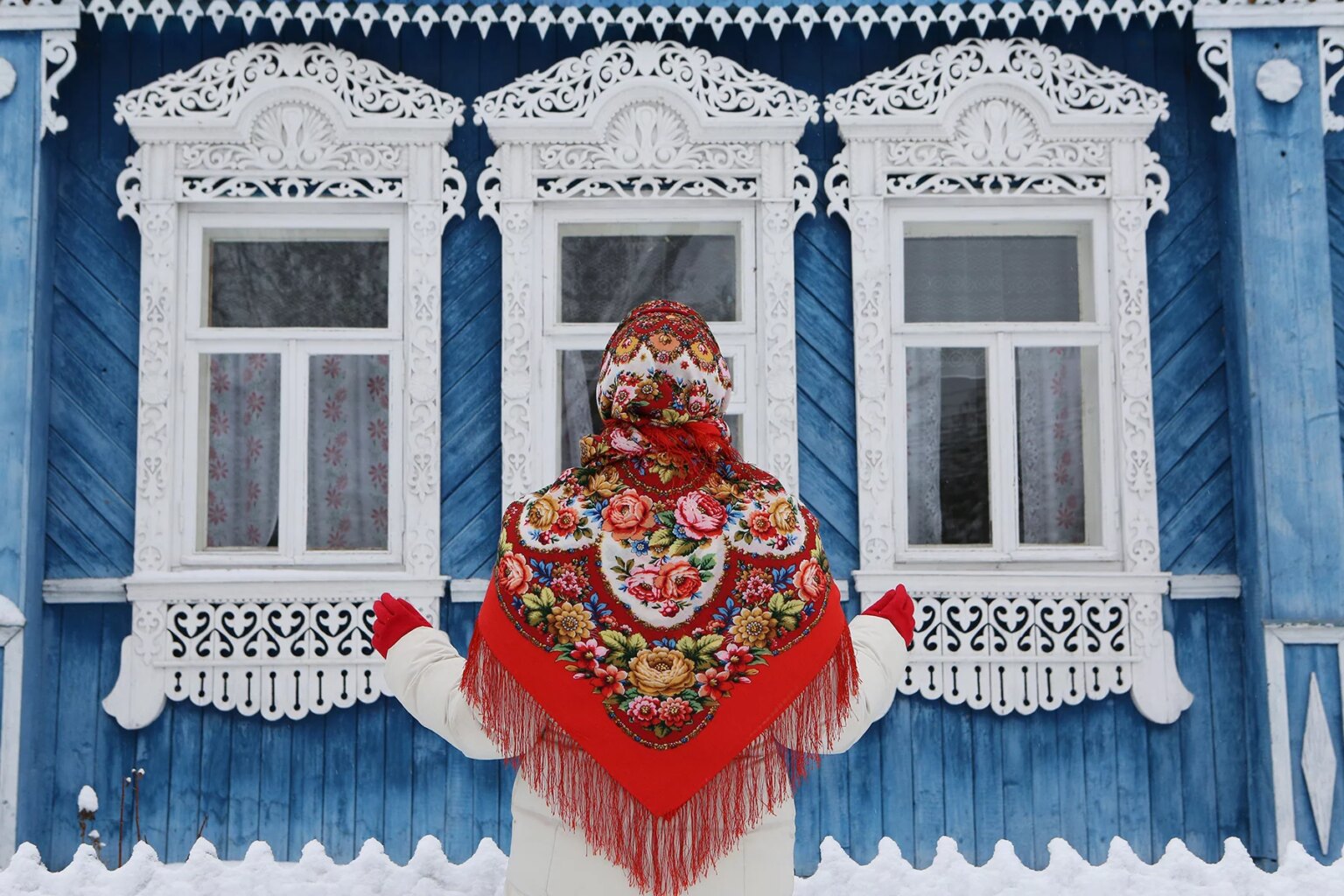Important notice from the Editor in Chief
Maintaining our Russian site is a delicate matter during the war. We have chosen to keep its content online to help our readers, but we cannot ensure that it is accurate and up to date. Our team endeavors to strike the right balance between giving information to those who need it, and respecting the gravity of the situation.
Tips for understanding the Russians
The title seems ambitious, so I’ll start with the disclaimer. In no way will I educate you on how to understand every single Russian who lives in Russia and beyond. My intention here is simply to help you understand the average Russian mindset, based on cultural variables of environment, time, action, communication, space, power, individualism, rules, competition, change, and thinking (per Cultural Orientations Guide by Joerg Schmitz).
Most of our habits, values, and behaviors can be neatly filed under each one of the above cultural variables. The total sum of those variables more or less describes our personal cultural blueprints. Not all Russians have the same cultural blueprint. But there are close similarities between people coming from the same culture – just as there are differences between others.
The tips below highlight the differences between your cultural blueprint and the cultural blueprint of the majority of the Russians. In the interest of space and brevity, I’ll choose five variables that I believe are among the most important.
The cultural variable of time
If you already had a chance to work with Russians, you’ll probably agree that most Russians see time as fluid. They understand the importance of time but don’t feel the need to control or manage it precisely. That’s why meetings usually run longer than expected and deadlines have a tendency to slide.
The majority of Russians also adhere to a multi-focus mentality of time – that is they’d rather work on a multitude of projects and relationships at any one time. That’s why you’ll often find your colleagues trying to complete several tasks simultaneously. That’s why your staff will think nothing of dropping by your office at all hours to ask you a question or to discuss something.
The Russian culture of action
The majority of people in Russia prefer to build relationships first and only concentrate on accomplishing tasks after. This indicates a strong preference for being and that’s why you’ll often find it difficult to create quick friendships with Russians (they take their time getting to know you and getting to trust you enough to call you a friend); you’ll have to invest considerable amounts of time and effort in building relationships with possible business contacts; and you’ll have to earn the trust of every new person you meet.
The cultural variable of communication
Most Russians excel in high-context communication style and they pay specific attention to symbolism, non-verbal cues, and artful language. That’s why sometimes you’ll find your contacts speak for 15 minutes where you’d think five minutes would have been enough. That’s why you’ll need to watch out for misunderstandings of symbolic and non-verbal clues.
Russians are also formal in their communication; the use of patronymic (father’s name) is expected when you address an older person or a person, higher than in you in hierarchy.
The Russian culture of power
Most Russians place a high premium on power structures and emphasize recognition of power and status of different individuals. Relationships have been known to be strained where seating arrangements or speaking turns were not followed. Strength isn’t just something you hone at the gym; it’s an admirable quality in Russian life.
That is why you’ll need to be careful to know the intricacies of Russian culture’s power structures and of how the hierarchy affects relationships. This variable is also responsible for the lack of initiative in the workplace – the belief is that the boss knows best and the boss is the one in the position to dictate.
The cultural variable of rules
Friendship is one of the most important values in Russian culture and a Russian friend will go an extra mile for you always (even at three in the morning). You’ll be expected to do the same for a friend and this is where the particularistic attitude towards rules in Russia takes root.
The Russian’s sense of obligation is primarily around their families and friends. Thus, rules are meant to be broken, when exceptions for friends or family are necessary. This tendency also plays a huge role in the Russians’ creative streak; that’s why Russians excel at fixing things that others consider broken. Russians believe that every situation deserves a unique approach and that rules are simply expressions of intent and loose guidelines. No wonder the black, under-the-table economy is thriving in Russia.




